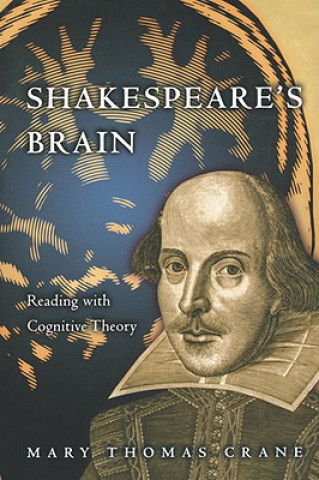
Delivery
Shopping guide





Doesn't suit? No problem! You can return within 30 days
 Gift voucher
any value
Gift voucher
any value
You won't go wrong with a gift voucher. The gift recipient can choose anything from our offer.
Shakespeare's Brain
 English
English
 178 b
178 b
30-day return policy
You might also be interested in


Here Mary Thomas Crane considers the brain as a site where body and culture meet to form the subject and its expression in language. Taking Shakespeare as her case study, she boldly demonstrates the explanatory power of cognitive theory - a theory which argues that language is produced by a reciprocal interaction of body and environment, brain and culture, and which refocuses attention on the role of the author in the making of meaning. Crane reveals in Shakespeare's texts a web of structures and categories through which meaning is created. The approach yields fresh insights into a wide range of his plays, including "The Comedy of Errors", "As You Like It", "Twelfth Night", "Hamlet", "Measure for Measure", and "The Tempest". Crane's cognitive reading traces the complex interactions of cultural and cognitive determinants of meaning as they play themselves out in Shakespeare's texts.She shows how each play centers on a word or words conveying multiple meanings (such as 'act', 'pinch', 'pregnant', 'villain and clown'), and how each cluster has been shaped by early modern ideological formations. This book also chronicles the playwright's developing response to the material conditions of subject formation in early modern England. Crane reveals that Shakespeare in his comedies first explored the social spaces within which the subject is formed, such as the home, class hierarchy, and romantic courtship. His later plays reveal a greater preoccupation with how the self is formed within the body, as the embodied mind seeks to make sense of and negotiate its physical and social environment.
About the book
 English
English




 How to shop
How to shop






















